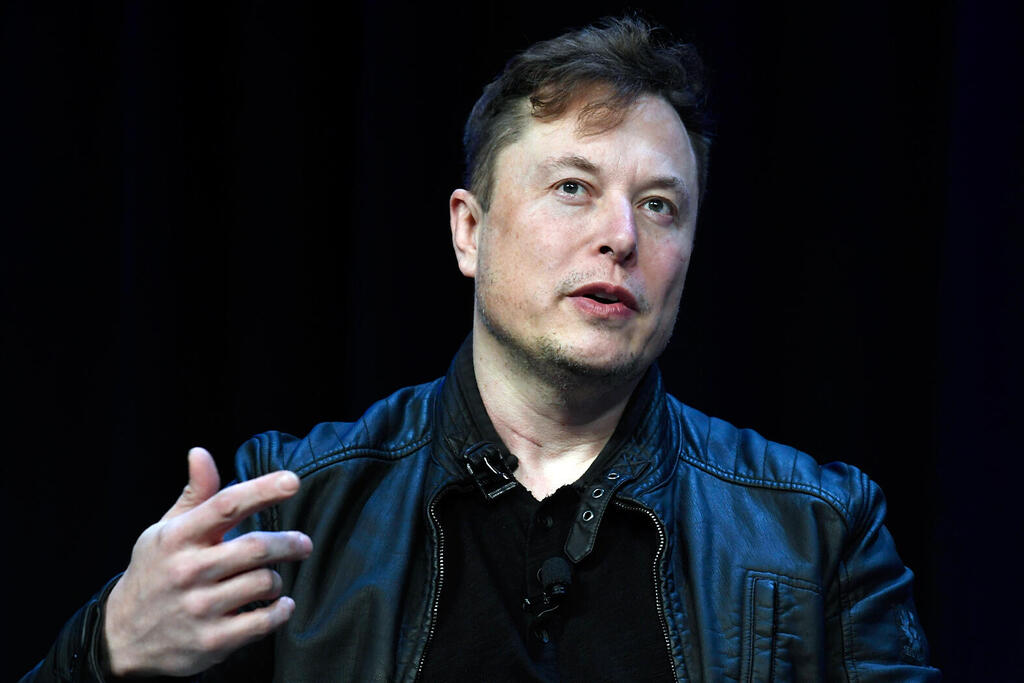
Analysis
Elon Musk’s crusade isn't about protecting data privacy, but leveraging data for himself
Musk has sued Microsoft and Israeli company Bright Data for scraping public data from X, but has now changed X's privacy policy to allow his own xAI to train its models based on user data
At the end of July, Elon Musk's X (formerly known as Twitter) filed a lawsuit against Israeli company Bright Data claiming that it had scraped the public data of millions of users on the platform. This lawsuit was part of a broader campaign by Musk against entities that collect public information of X users, including a lawsuit against Microsoft in April, alleging that it was scraping user data to train its AI models.
However, if anyone thinks that Musk’s crusade was motivated based on a desire to protect the privacy of X's users from companies that collect their data en masse and process it to generate insights for different clients or train AI systems, then they don't know Musk. What truly interests Musk is not protecting users but protecting his exclusive ability to exploit the data of X's users for the benefit of his AI company, xAI.
Last week, X updated its privacy policy to allow for broader uses of users' private data. In this context, the updated policy states, "We may use the information we collect and publicly available information to help train our machine learning or artificial intelligence models for the purposes outlined in this policy."
Musk had already announced his intention to use this data, but the change in the privacy policy, which goes into effect on September 29, suggests that the idea has progressed to implementation. Once in effect, X is expected to start scraping the data and using it to train xAI's models.
Musk announced the creation of xAI in July with the ambitious goal of "understanding the true nature of the universe." The company has hired former employees from prominent companies in the field, including OpenAI, Microsoft, Google, and DeepMind. However, as a newcomer to the field, the company has significant gaps to fill in data collection and model training before it can reach the level of advanced models like OpenAI's GPT-4 or Google's BARD.
For this purpose, the vast amount of data generated by X's users over the past 17 years can provide a significant advantage in model training. Like other players in the field, xAI can use open data sources such as literary texts, news websites, and online forums, however, X's data, if exclusive to them, grants them an advantage in training models. xAI can leverage direct conversations among users, focused on current events and trending topics hard to find elsewhere. In fact, only Meta, which is heavily reliant on Facebook, enjoys a similar level of control over a similar dataset.
Musk is now starting to fully exploit this advantage. However, to ensure that the advantage remains exclusive, he has taken various steps to limit competitors’ access to the data. It's not about user privacy; it's about securing a competitive advantage in one of the hottest fields in the history of technology.
In addition to the change that allows X to collect data for AI model training, the company has also updated its privacy policy to enable the collection of biometric data and users' professional and academic experience. According to X, biometric data will allow premium users to verify their identity with government-issued identification.
The information about professional and academic history will enable X to recommend possible positions or allow employers to find potential candidates. This change is connected to Musk's vision of transforming the social media platform into an "everything app," inspired by Chinese apps like WeChat.
As part of this effort, Musk announced that video and audio calls are coming to X. These will work, he says, on iPhones and Androids, Macs and PCs, without the need for a phone number, as X itself serves as a global contact list. Musk hopes that this move will make X a more direct competitor to services and applications like Apple's FaceTime or Meta's WhatsApp and add another dimension of activity to the platform, which can be leveraged for further capabilities in the future (e.g., customer service from commercial companies). The question in this context is whether users will adopt the feature and whether sufficient mechanisms have been built to prevent its misuse, such as user harassment.














